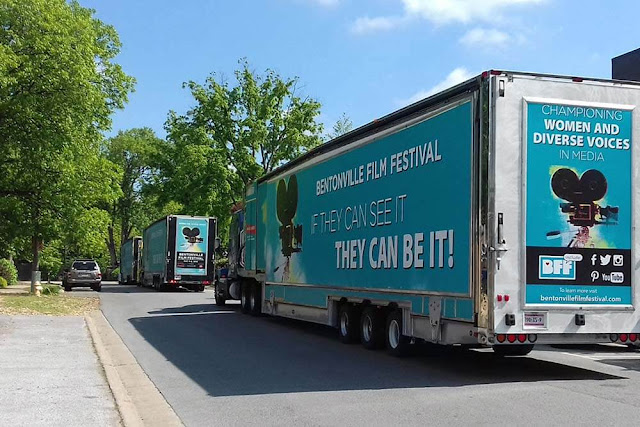Important Steps For Experiential Marketing Plan
Well, Experience-based marketing is a powerful tool for marketers, enabling you to go beyond words, also bring your brand to life in an active and engaging way.
And, it’s a method that creates deeper connections with customers, as well as it’s a significant step on from just telling someone your brand values. Take a look at the following important steps for
experiential marketing which mostly followed by experiential marketing agency:
1. Experience
Firstly, when talking about experience-based marketing, we frequently come up against the preconceptions that Experience + Marketing = Event Marketing only and Customer + Experience = Customer Services only.
And, your total brand experience is a string of various happenings going on before, during & after purchasing and using your product. So, once you start thinking of these many nuances as well as links, you start opening up to new ways that people can experience your brand when exposed to it for the first, second, or umpteenth time.
2. Strategy
Whenever venturing into new disciplines, it is easy to get lost in the many creative possibilities that become available. And, the same applies to experiential marketing. Thus, bear in mind that it should be an extension of an overall marketing strategy-getting attention should not be the final goal. So, having these goals will help everyone on the team, regardless of their responsibility; keep in mind why you are doing what you are doing.3. Message
Next, your advertising and communication core messages typically spearhead your marketing communications. Like, who are you? And, what do you do? Or what difference do you make in people’s lives?
Well, it is about the core of the message, also how that can be translated into an experience. So, if your key value and message are that you keep people safe, how can you create an experience that lets them feel that safety if it is emotion of good-looking, how do you let them experience that, if only for a moment? Thus, the answer can be as creative as you would like it to be, just keep it relevant to your values, so your brand does not get lost in the process.
4. Emotion
Moreover, in experiential marketing-as in good advertising-connections with your customer base are created using emotions. And, the obvious ones are those of fun and wonder. But, a great experience when applied to market is a memorable and trans-formative one: memorable, since you want your message to stick, as well as trans-formative because you want people to take a specific action. Keep in mind, too, that when you put people in the center of your experience, emotion will be amplified, compared to the relative distance when watching on TV. Also, you will need to decide which feelings you want to stay with people, therefore that your strategic goals can be achieved through their actions.5. Design
Further, a great experience is not just one event; it is a string of small experiences that make up the total. So, designing & producing experience is challenging and demands a lot of new skills and competencies. And, within the marketing communications discipline lays a secret weapon that lets you design experience with the words-the narrative. So, if you explain what should happen in a step-by-step manner as an “experiential narrative,” and you will create a common description as well as platform for everyone on the team to work from. Plus, the experiential narrative, maybe along with sketches of scenarios, and is also your best chance of getting decision-makers and budget allocators to understand what you are creating. Therefore, don’t forget those strategic goals when presenting.



Comments
Post a Comment